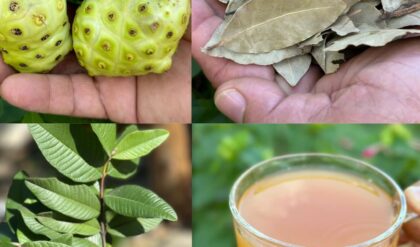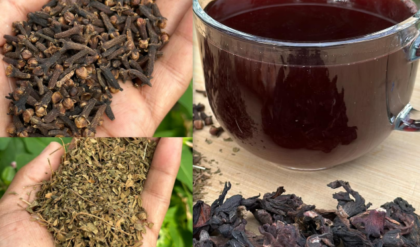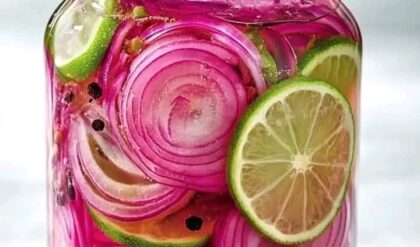For organic gardeners, nettle-based fertilizers and insecticides are hidden treasures, offering a sustainable, eco-friendly, and budget-friendly approach to nurturing a vibrant garden. Easy to prepare and packed with benefits, these nettle solutions can significantly enhance soil health, boost plant growth, and manage pests naturally. Let’s explore why nettle fertilizer and insecticide are must-haves in any garden and how you can make and use them effectively.

Why Nettle Fertilizer is Essential for Your Garden
Nettle fertilizer, often called “nettle tea” or “nettle liquid feed,” is a nutrient-rich plant food that supercharges garden health. Here’s why it’s so valuable:
- Nutrient-Packed: Nettle is naturally high in essential nutrients like nitrogen, potassium, phosphorus, and trace minerals—key elements for vigorous plant growth.
- Improves Soil Quality: This fertilizer enriches the soil with organic matter, enhancing its structure, moisture retention, and nutrient availability.
- Natural Pest Deterrent: The potent aroma of nettle fertilizer can help deter pests, reducing the need for chemical treatments.
- Budget-Friendly: Homemade nettle fertilizer is a cost-effective, eco-conscious alternative to store-bought fertilizers.
How to Make Nettle Fertilizer: A Step-by-Step Guide

Making your own nettle fertilizer is simple and rewarding. Here’s how:
Ingredients:
- Fresh nettle leaves (wear gloves to avoid stings)
- Large container or bucket
- Water
Instructions:
- Collect Nettle Leaves: Gather fresh nettles during their peak growing season, typically in spring or early summer. Use gloves to protect your hands.
- Fill a Container: Fill a large container or bucket with water.
- Add Nettle Leaves: Place the nettles in the container, using a ratio of about 1 part nettle leaves to 10 parts water (e.g., 1 gallon of leaves to 10 gallons of water).
- Soak and Steep: Let the mixture steep for two to three weeks, stirring every few days to aerate and activate the fermentation process.
- Strain and Use: After the steeping period, strain the liquid into a separate container. Dilute the fertilizer with water at a 1:10 ratio before applying it to your plants.
The Benefits of Nettle Insecticide

Nettle insecticide is a natural, chemical-free solution for managing pests while preserving beneficial insects and promoting ecological balance in your garden. Here’s why it’s effective:
- Eco-Friendly: This natural insecticide minimizes harm to helpful pollinators and keeps the ecosystem intact.
- Cost-Effective: Homemade nettle insecticide is inexpensive to make and eliminates the need for commercial pest control products.
- Effective Pest Control: Nettle insecticide works on a variety of common garden pests, including aphids, caterpillars, and mites.
How to Make Nettle Insecticide
Creating nettle insecticide is quick and straightforward. Here’s what you need:
Ingredients:
- Fresh nettle leaves (use gloves for handling)
- Water
- Organic, non-toxic soap
Instructions:
- Collect Nettle Leaves: Gather fresh nettle leaves in the growing season, remembering to wear gloves.
- Fill a Container with Water: Use a ratio of about 1 part nettle leaves to 5 parts water (e.g., 1 quart of nettle leaves to 5 quarts of water).
- Soak for 24 Hours: Place the nettle leaves in the water and let them soak for 24 hours.
- Strain the Liquid: After soaking, strain the liquid into a spray bottle.
- Add Soap: Add a few drops of organic, non-toxic soap to help the solution stick to pests and plants.
- Apply to Plants: Spray directly on plants, targeting areas with pest activity. Be sure to coat both the upper and lower sides of leaves. Repeat every 7–10 days as needed.
Why Choose Nettle Solutions?
For gardeners who value sustainable, organic practices, nettle fertilizer and insecticide offer powerful benefits. They enrich the soil, promote healthy plant growth, and manage pests without harsh chemicals, contributing to a healthier, more productive garden.
By learning to make and use nettle-based solutions, you can cultivate a garden that’s not only more eco-friendly but also self-sustaining. So why not harness the power of nettles to nurture your garden naturally?
Inspired by this? Share these tips with fellow gardeners and help spread the word on the benefits of nettle fertilizer and insecticide!





